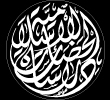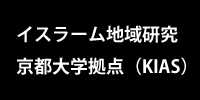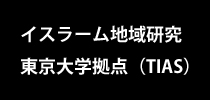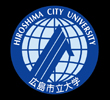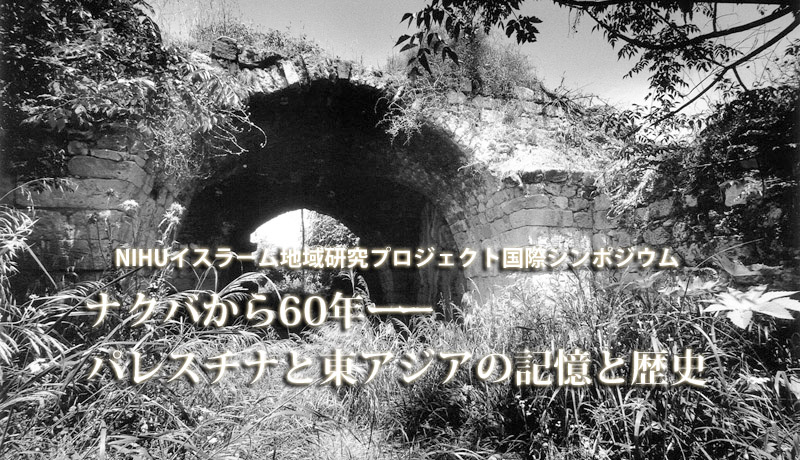| 写真:広河隆一. 参考資料:広河隆一監督作品 記録映画「パレスチナ1948・NAKBA」 |
 |
 |
|||||||||||||||||
|
【東京セッション】
Nakba Revisited: Memories and Histories from a Comparative Perspective 【要旨】
東京セッションにおいては「ナクバ再訪―記憶と歴史の断絶を超えて」を主要テーマとして議論される。ナクバの悲劇はこれまでパレスチナの人々の記憶に刻まれて歴史として記録されてきたはずだった。しかし、生々しい暴力と追放の歴史は実際にはパレスチナ/イスラエルの歴史の公式の記録からは長い間、忘却されて隠蔽されてきたといっていい。さらに踏み込んで言えば、シオニストの「イスラエル建国神話」の前にパレスチナ人の語りは沈黙を余儀なくされてきたともいえる。さらに、パレスチナ人の難民たちの語りはナショナリストの大きな語りに飲み込まれたり、ナショナリズムを正当化するために利用されたりもしてきた。現在、パレスチナの人々の記憶の掘り起こしがオーラル・ヒストリーなどの手法を利用しながら始まっており、かつての記憶から新たに紡ぎだされた語りから新たな歴史像を再構築していく地道な作業につながっている。1948年のナクバにおいてシオニストによって破壊されたパレスチナ人の村落を記録するプロジェクトやナクバにおける「民族浄化」の実態を明らかにする作業も多く平行して進んでいる。パレスチナ研究において真摯なナクバ研究はようやく開始されたばかりであり、ナクバを改めて取り上げて、その意義はどこにあるのかを議論することは現在のパレスチナの困難な状況にかんがみた場合急務であると考える。 東京セッションではシオニストによる「イスラエル建国神話」の語りをパレスチナ人の語りと対比することも視野に入れて、パレスチナ人研究者によるナクバの新たな研究に光を当てる。これまでシオニストあるいはイスラエルによるパレスチナ人への対応に関して多くの著書・論文を発表してきたヌール・マサールハ氏(サーレイ大学セント・メアリー校)が「ナクバから60年―歴史的真実、集団的記憶、そして倫理的責務」と題する基調講演を行なう。また逆に、シオニストやイスラエルがナクバをどのように見て、描いてきたのかも検討する。これまで社会主義シオニストの対アラブ政策や修正主義シオニズムに関して研究してきた森まり子氏が「シオニズムとナクバ」と題して討論を行なう。さらに、歴史の新たな民族的アイデンティティを模索する中央アジアの事例を取り上げ、旧ソ連時代の記憶と歴史を再構成する試みをも考察していくことにする。ティムール・ダダバエフ氏(筑波大学)は「ソ連後の中央アジアにおけるトラウマ、公共的記憶、そしてアイデンティティ」と題して中央アジアの事例から問題提起を行なう。
We discuss Nakba under the title of "Nakba Revisited: Memories and Histories from a Comparative Perspective". The tragedies of Nakba have been recorded in Palestinian historiography and kept in mind as Palestinian memories. Palestinian memories and histories of violence and expulsion, however, have been obscured and sunk into oblivion for more than half a century in official records of Palestine/Israel histories. While Palestinian narratives on Nakba have been forced to be silenced in front of Zionists' narrative on "Israeli founding myth", Palestinian refugees' narratives have been sometimes usurped or exploited by nationalist or chauvinistic discourse in order to justify nationalist cause. Projects of digging up of refugees' memories of Nakba began to be conducted by means of oral history and steady works to reconstruct new historiography on Nakba have been produced to represent new narratives that were spun from Palestinian memories. A lot of projects for recording Palestinian villages destroyed by Zionists and for uncovering the realities of "ethnic cleansing" of the Palestinians in Nakba are inaugurated. Serious studies on Nakba have just started as one of the fields of Palestine studies. It is necessary to revisit Nakba and discuss the issues at the time when the Palestinians are placed under difficult circumstances.
In Tokyo session, we shed a new light upon new trend of studies on Nakba by Palestinian researchers and scholars, comparing Palestinian narratives on Nakba with Zionist narratives on the establishment of the State of Israel and/or Nakba. Dr. Nur Masalha (St Mary's College, University of Surrey) gives a keynote lecture titled "60 Years after the Nakba: Historical Truth, Collective Memory and Ethical Obligations". Dr. Masalha published lots of books and articles on Zionist and Israeli policy toward the Palestinians. On the contrary, we also discuss how Zionists and Israelis look at and describe Nakba from their viewpoints. Dr. Mori Mariko (The University of Tokyo) discusses a topic on"Zionism and Nakba." Dr. Mori published books on Socialist Zionist policy toward the Arabs and Revisionist Zionism. In addition, we also explore a new attempt to reconstruct memories and histories of Central Asian countries under the Soviet times from a comparative perspective by giving an example on Uzbekistan that have sought her national identity. Dr. Timur Dadabaev (Tsukuba University) speaks about a case study on Central Asia under the title of "Trauma, Public Memory and Identity in Post-Soviet Central Asia" 【プログラム】
Opening Session 13:00-13:30
"Nakba Revisited: Memories and Histories from a Comparative Perspective"
【基調講演要旨】 Nur Masalha In a number of books I have published since 1992 - books largely based on Hebrew-language documents and Israeli archival sources - I show that that every important Zionist leader (from Herzl to Weizmann to Ben-Gurion) with no significant exceptions, was in favour of ridding Palestine of Palestinians, by all means necessary, force and bribery included. 1948 was simply the culmination of over a half century of effort, plans and (in the end) brute force. The Nakba resulted in the destruction of much of Palestinian society, and much of the Arab and Muslim landscape was obliterated by the Israeli state - a state created by the Ashkenazi Jewish yishuv, a predominantly European settler community that immigrated into Palestine in the period between 1882 and 1948. From the territory occupied by the Israeli state in 1948, about 90 percent of the Palestinians were driven out - many by psychological warfare and /or military pressure and a very large number at gun-point. The 1948 war simply provided the opportunity and the necessary background for the creation of a Jewish state largely free of Palestinians. It concentrated Zionist minds, and provided the security, military and strategic explanations and justifications for "purging" the Jewish state and dispossessing the Palestinian people. The rupture of 1948 and the "ethnic cleansing" of the Nakba are central to both the Palestinian society of today and Palestinian oral history and collective identity. The lecture explores ways of remembering and commemorating the Nakba. It deals with the issue within the context of Palestinian oral history, "social history from below", narratives of memory and the formation of collective identity. Today some 70 percent of the Palestinians are refugees; there are more than four million Palestinian refugees in the Middle East and many more worldwide. With the history, rights and needs of the Palestinian refugees being excluded from recent Middle East peacemaking efforts and with the failure of both the Israeli state and the international community to acknowledge the Nakba, "1948" as an "ethnic cleansing" continues to underpin the Palestine-Israel conflict. The lecture argues that to write more truthfully about the Nakba is not just to practice a professional historiography; it is also a moral imperative of acknowledgement and redemption. The current struggles of the refugees to publicise the truth about the Nakba is a vital way of protecting the refugees' rights and keeping the hope for peace with justice alive. 【関連情報】
Dr. Nur Msalhaはパレスチナ問題を広く扱っている学術誌HOLY LAND STUDIES: A MULTIDISCIPLINARY JOURNAL(出版Edinburgh University Press)の編集をされています。 HOLY LAND STUDIES: A MULTIDISCIPLINARY JOURNALにご関心のある方はこちら(リーフレット)をご覧ください。 |
||||||||||||||||||
 |
 |
